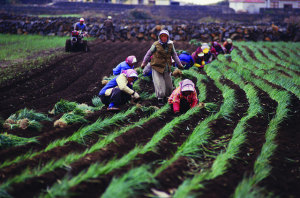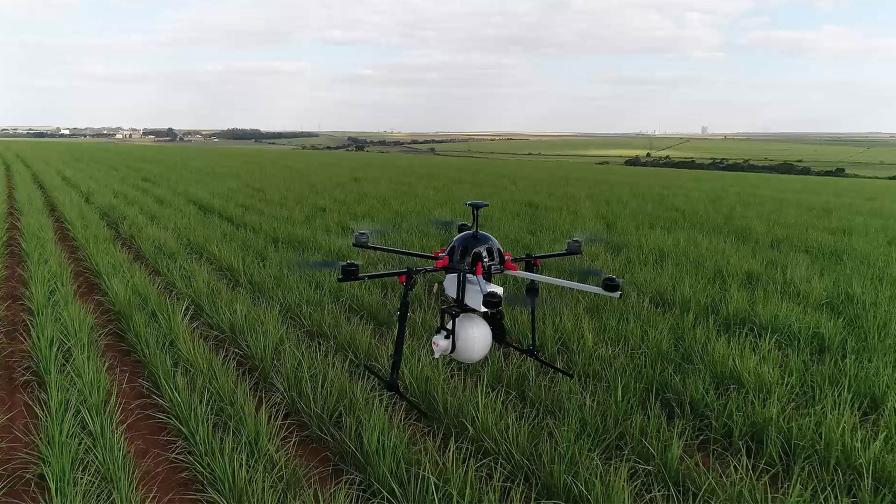Stricter MRLs Pushing Global Demand for Biopesticides

China’s new MRL regulations due out in August could create a boon for biological products in one of the world’s largest agriculture producing and consuming countries.
Biopesticides have become necessary tools for the preservation of trade around the world. The EU, of course, is leading the way with the establishment of – arguably – arbitrary maximum residue limits that create a de facto global standard. This regulatory reality is driving greater adoption of biopesticides, especially among horticulture producers.
Global biopesticide sales are expected to reach $2.8 billion next year, about 4% of the total crop protection market, according to CPL Scientific, an executive-search and business consultancy for companies working in specialty chemicals, biotechnology, animal health, pharmaceuticals and others. CPL estimates the sector will continue to grow 15% per year until 2020, when biological pesticide sales are projected to reach $6.6 billion.
Agriculture distributors are capitalizing on the heightened scrutiny generated by food safety laws by carrying more products to meet demand. In the 2014 Farm Chemicals International State of the Industry Survey, 78% of agriculture distributors, retailers and cooperatives reported an increased demand for biological products. Almost 40% of respondents from 46 countries are buying and selling biopesticides, up from 29% in 2009 when the survey began.
Most interesting is why the growth has been so strong: About half of respondents say grassroots consumer demand for pesticide-free foods is the No. 1 driver behind heightened demand for biopesticide products. The No. 2 demand (27%) is reported to be purchasing policies by large grocery retailers. Environmental/food safety regulations and demand from agriculture retailers were cited as driving adoption as well.
Trade Preservation
Produce exporters from developed agriculture economies like the United States and Brazil and emerging agriculture economies in Africa and Southeast Asia all must adhere to agronomic practices that ensure the global viability of their produce and protect agricultural export GDP.
In Turkey, for example, government subsidies have been put in place to encourage the use of integrated pest management and biological products to address the importance of the EU as a key destination of its produce.
Turkey’s Ministry of Agriculture is also reclassifying its pesticides based on residue limits. The Ministry is currently collecting residue data on crops and crop protection products to determine whether a product will be considered a plant health product or plant protection product.
This reclassification using MRLs will allow farmers to apply plant health products, biological products and certain traditional chemistries that don’t produce significant residues without a prescription, which applicators require in Turkey. Products that are classified as plant protection products will still require a prescription, and it is likely that any crop destined for sale in the EU will require prescriptions regardless of the products being used.
As a result of these measures, just about 1.5% of Turkey’s produce is rejected for residues by the EU, Ministry of Agriculture Deputy Director General Dr. Nevzat Birisik told Meister Media in his office last year. By comparison, the European Food Safety Authority reported in June that it rejects about 3% of all produce that enters the country. EFSA scientists analyzed 79,035 samples of 647 types of food in 29 countries, looking for residues of 900 pesticide.
Other countries, notably Brazil, are following suit with their own MRL thresholds that mimic the EU’s standard to modernize their production infrastructure. China’s new MRL regulations due out in August are expected to be stricter than the EU for some crops, potentially creating a boon for biological products in one of the largest agriculture producing and consuming countries on the planet.






